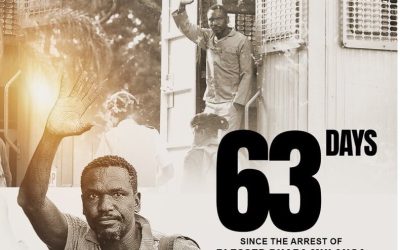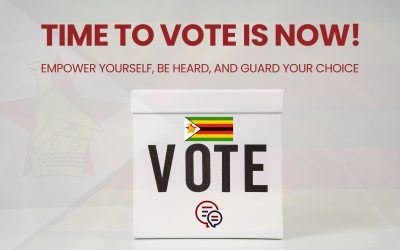Zimbabwe is a nation of great potential. With vast natural resources, a diverse population, and a rich cultural heritage, it has all the makings of a thriving democracy. However, this potential has yet to be fully realized, as Zimbabweans remain hesitant to speak up about politics due to fear of retribution.
For years, Zimbabweans have faced intimidation and violence at the hands of the ruling party. Opposition leaders and activists have been arrested, beaten, and even killed for speaking out against the government. The fear of being targeted by security forces or ruling party supporters has created a climate of silence and self-censorship, leaving many citizens feeling powerless and afraid.
This culture of fear has serious consequences for the future of Zimbabwe. Without a robust and open public discourse, there can be no real democracy. Citizens must be able to express their views freely, without fear of retribution. This is not just a matter of individual rights; it is also essential for good governance and effective policymaking.
The reluctance of Zimbabweans to speak up about politics has also created a vacuum of leadership. Without a strong opposition or civil society to hold the government accountable, there is little incentive for those in power to act in the best interests of the people. This has led to widespread corruption and mismanagement, with resources being siphoned off by those in power at the expense of ordinary Zimbabweans.
The consequences of this culture of fear can be seen in many areas of Zimbabwean life. The economy is struggling, with high levels of inflation and unemployment. Healthcare and education are underfunded and inadequate. Basic services such as electricity and clean water are often unavailable or unreliable. The lack of political will to address these issues is a direct result of the fear and silence that pervades Zimbabwean society.
It is time for Zimbabweans to break the cycle of fear and silence. Citizens must speak up about the issues that matter to them, and demand accountability from their leaders. This can be done in a variety of ways, from participating in protests and demonstrations to writing letters to elected officials or posting on social media.
It is also essential for the international community to support Zimbabweans in their efforts to create a more open and democratic society. This can include providing funding and technical assistance to civil society organizations, monitoring human rights abuses, and imposing targeted sanctions on those responsible for repression and violence.
In conclusion, Zimbabweans must overcome their fear and speak up about politics if they are to realize their full potential as a democracy. The consequences of silence are too great to ignore: corruption, mismanagement, and a lack of accountability that will only continue to harm the country’s future. The time has come for Zimbabweans to break their silence and demand the right to free expression and democratic governance.




0 Comments